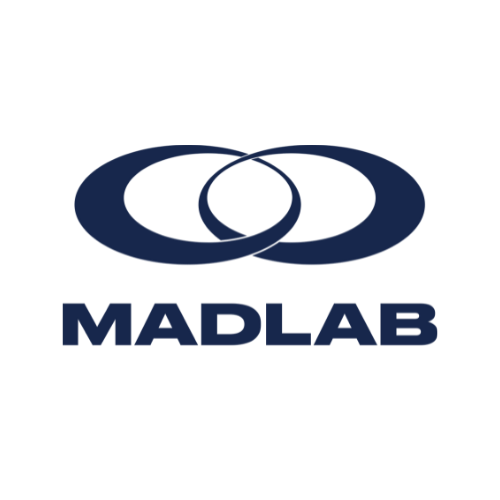THE MOST OVERLOOKED, UNDERRATED GYM OWNER TASK.
A toilet overflowed during the 6 p.m. class, and the owner has already gone home.
The coach who is closing the gym mops up the spillage, leaves a post-it note on the bathroom door that says Out of Service and heads home for the night.
‘That was gross. And definitely outside of my jurisdiction,’ the coach thinks to himself, feeling like he did his part in wiping up the water from the floor and leaving the note.
The gym owner arrives the next day, sees the note and the still clogged toilet, featuring water etc. up to the brim, and thinks: ‘WTF? Couldn’t Coach Josh have taken the time to plunge the toilet at least or arrange for a plumber to come today? And he did a half-assed job mopping the floor. I am the only one who cares about this place.’
Who is in the right? Who is in the wrong?
It’s an interesting question, and it comes down to clearly defining coach and owner roles and responsibilities, a process that’s often overlooked at (arguably most) gyms.
Whose job is it to bring in new clients?
Whose job is it to organize the dumbbells that always get out of sorts at the end of the night?
Whose job is it to take out the garbage?
To answer the phone?
To walk over to the new person who just walked into the gym?
To plunge the overflowing toilet or call a plumber?
Enter the Coach Co-op: The Madlab system is a co-op structure where all the coaches share the load and responsibilities of a gym owner. Ultimately it’s up to the coaches to define, divide and agree upon their individual roles and responsibilities—often this means giving people tasks based on their strengths, weaknesses and interests—to keep the ship running smoothly. Doing so also helps reduce the frustration and resentment that can arise when one person thinks he’s doing his job while another does not.
Five Tips to Setting Clear Expectations
1. Collaborate and Ensure Buy-In
When you’re going through the process of clearly defining roles and responsibilities, it’s important to collaborate, ask for feedback and ensure everyone thinks what is being decided upon is fair. If your coaches aren’t bought in, there’s no chance of things running smoothly.
2. Address Even the Smallest, Most Mundane Tasks
Even the most minor things need to be addressed, as they can lead to bigger issues. It’s not enough to say, ‘Taking out the garbage is all our job to share.’ Or, ‘If you see an empty spray bottle, fill it up,’ or, ‘If you see a rowing machine with a dead battery, change it.’
Imagine if payday were done this way? If, as an owner, you hung onto your coaches’ monthly paycheque with the intention of handing it to them whenever you happened to run into them next?
There’s a reason there’s a payday, and there’s a good reason to address even the smallest tasks with clear expectations, as vague expectations give us a chance to avoid being accountable. The battery is dead on that rowing machine. Meh. It’ll get done by someone at some point.
3. Make a Clear Schedule
For tasks that are shared between all the coaches, it helps to set a schedule and assign each coach, for example, a day of the week to each task.
At Madlab School of Fitness in Vancouver, for example, each coach is responsible for writing one blog article every five weeks and is assigned a due date for each one. Similarly, each coach is responsible for filling up the spray bottles on their assigned day each week.
4. Keep Track
One of Josh’s jobs is to clean the dust from the rowing machine. It’s not something that needs to be done regularly, so Josh keeps putting it off, and nobody really says anything.
A simple solution: Post a task board for all to see that allows you to track when things are complete. Then set the expectation: This task must be done quarterly. Once finished, check the job off the list.
5. Meet Regularly to Rehash and Tweak
As these things often change, it’s important to meet regularly to discuss what’s working, where there have been breakdowns, and then tweak as needed.
At the very least, setting clear expectations might prevent you from having to start your day by plunging a toilet…
Menu
Contact Us
1980 Clark Drive
Vancouver, BC Canada
V5N 0A9
info@madlabbusiness.com
Follow Us

Copyright © 2023 Madlab Business. All Rights Reserved.

